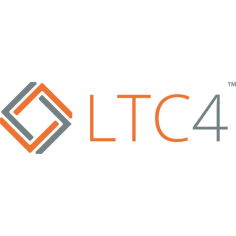How Tech Competence Saves Money by LTC4
Engaging with LTC4 improves profitability
Law firms are chasing more clients and are operating in an increasingly competitive market. When reviewing their bills clients expect clarity and accurate reporting of time spent. This has led to moves away from hours and rates pricing and towards more fixed fee billing. However, this makes time management more important than ever and improving efficiency essential.
The simplest solution doesn’t require an overhaul of a firm’s billing practices, nor does it require lawyers to sacrifice more working hours to compensate. Lawyers and support staff can meet the client’s increasing demands and still be home for dinner if they learn to leverage technology to work efficiently.
The PwC Annual Law Firms Survey 2024[1] identified that challenges include “willingness of the workforce (particularly partners) to upskill and adapt. Appropriate investment in training is key to drive the adoption of GenAI and cultivate the right attitude to maximise its value”
WFH and remote working has meant that legal professionals have had to take more responsibility for their own digital skills since that helpful tech-savvy colleague is not nearby anymore. Working remotely still requires time and its associated activities to be recorded accurately. Documents still need to be correctly formatted and filed with emails in a secure and appropriate location. Collaboration tools are more essential than ever, both with colleagues and third parties. Communications tools must be used correctly, client data must be stored securely, and cyber security is critical. While AI is proving to be a valuable tool it is not the answer if fundamental skills are lacking.
These challenges were the reason for the development of the LTC4 core competencies more than a decade ago. Their Learning Plans reflect the workflows which need to be more efficiently performed in order to improve productivity. LTC4’s Certification is the only industry-standard accreditation which recognises and proves to clients that process improvement and technology adoption are part of a firm’s DNA. Small improvements make big differences in productivity and profitability. From efficient working with Word through to improved security awareness, the 10 Plans will help firms to address the relevant day-to-day tasks that make up the modern lawyer’s workload.



